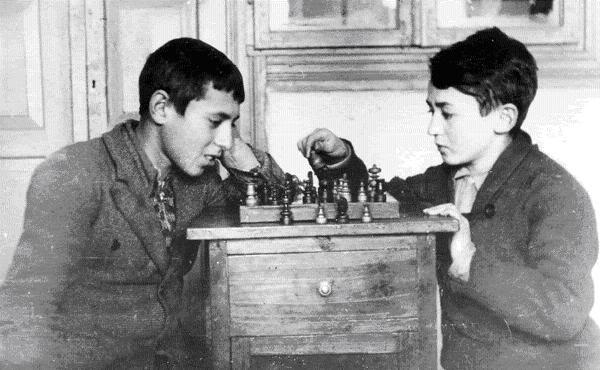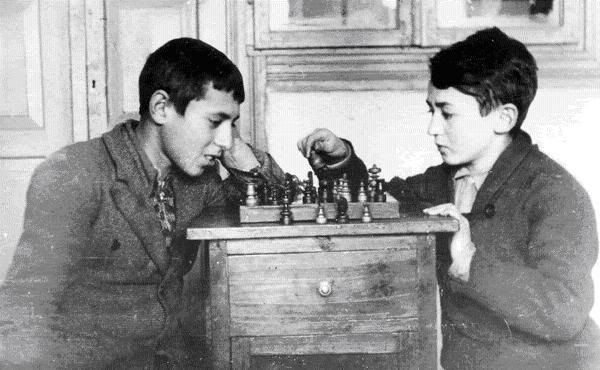Three articles in praise of The Poorer Nations by Vijay Prashad


"Nothing important can come from the South. The axis of history starts in Moscow, goes to Bonn, crosses over to Washington, and then goes to Tokyo. What happens in the South is of no importance."
Henry Kissinger
Reading Vijay Prahad’s The Poorer Nations is like witnessing the history of a chess game between giants. Sides are composed along geo-political interests: players in the Global North in “a fairly straightforward campaign by the propertied classes to maintain or restore their position of dominance” and emerging formations in the Global South, attempting to establish economic and political weight beyond or within US led global market conditions. Yet all the time at the fringes of this game are the movements and ideas which occasionally storm the chessboard and challenge the sovereignty of both sides – this is the ‘possible history’ of the Global South.
Three articles engaging with Prashad’s well-researched and passionate work make similar positive conclusions. Ron Jacobs in this article at Counter Punch writes “Vijay Prashad is fast becoming the historian of the Global South.” And that “Prashad’s book is a full frontal assault on neoliberal capitalism. Deservedly, he spares no political party, bank, or government linked to this most devastating edition of capitalism. […] Prashad paints a sweeping indictment of those who want to rule the earth with little or no regard for most of its inhabitants.”
Pepe Escobar for the Asia Times calls Prashad the post-modern, digital follow-up to Frantz Fanon. His article is a thorough overview of the book in which he concludes “the Global South's intellectual liberation from the North is finally on. And it's irreversible.”
Meanwhile Lorenzo Ferrari for the LSE Review of Books praises Prashad’s research and his interviews with key players, such as senior UN officials. He states “a thorough history of the Global South has been much needed up until this point in order to enrich the relatively scarce literature on the history of North-South relations.”
In an age of austerity directed by the interest of ruling class ideology, particularly in the tried and tested form of institutions such as the World Bank and the IMF, The Poorer Nations is invaluable in its history of the strategies pursued by the dispossessed.